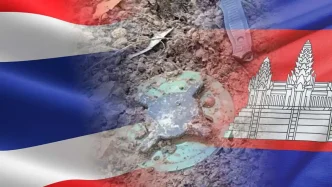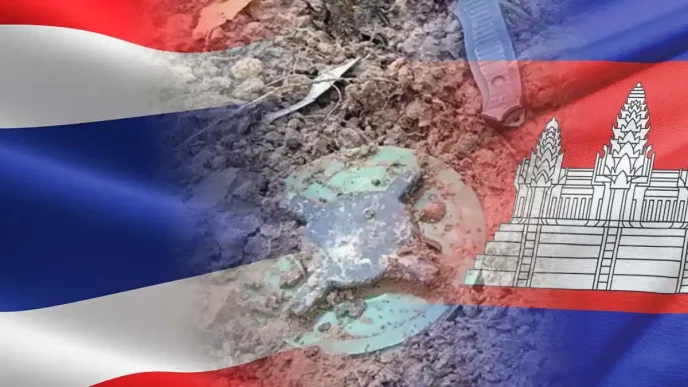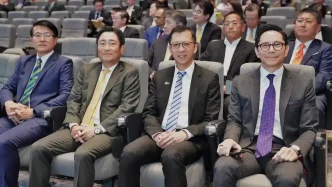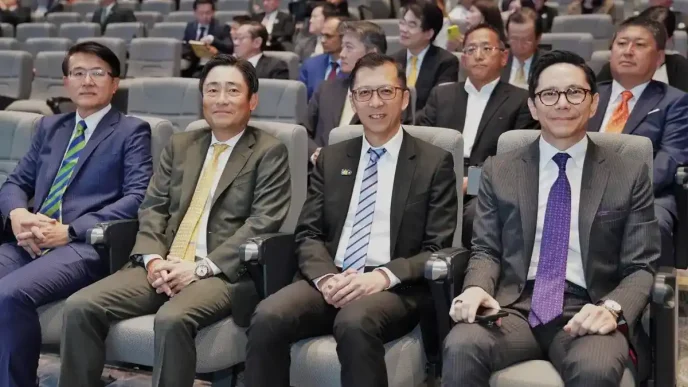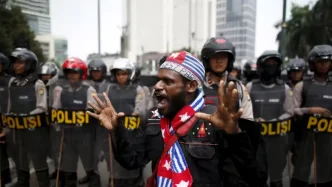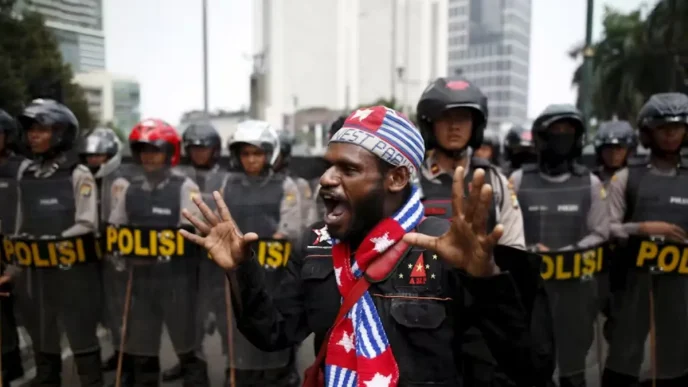Thailand’s Prime Minister Paetongtarn Shinawatra has unveiled ambitious plans for an entertainment complex, describing it as a form of “man-made tourism” designed to attract international visitors and bolster the nation’s economy. Speaking at a press conference in Government House on Tuesday, Paetongtarn clarified that the project, discussed during a recent meeting with Chinese President Xi Jinping, would prioritise family-friendly attractions over casino-centric elements. Yet, as Thailand treads this delicate path, questions linger over the balance between economic gain and potential social risks.
A Vision for Family-Friendly Tourism
At the heart of Paetongtarn’s announcement is a vision to redefine Thailand’s tourism landscape. The proposed entertainment complex, to be situated within a special economic zone, is pitched as a multifaceted destination. According to the Prime Minister, the casino component will constitute less than 10% of the project, with the majority of the space dedicated to leisure and entertainment facilities suitable for visitors of all ages. The goal is clear: to draw global tourists, boost revenue for the hospitality sector, and create substantial employment opportunities for local communities.
“This is about man-made tourism,” Paetongtarn stated during the press conference, echoing a phrase she used in her discussions with President Xi. She highlighted the potential for the complex to support hotels and other businesses while contributing to national development through tax revenue. The Prime Minister also pointed to the existence of illegal gambling dens in Thailand, which operate outside regulatory oversight and fail to benefit public welfare. A legal, regulated complex, she argued, could redirect such profits into funding critical areas like education.
This framing positions the project as a pragmatic solution to an existing problem, rather than a reckless venture into gambling culture. Yet, the inclusion of any casino element, however small, has sparked debate about the broader implications for Thai society, particularly in a country where gambling is largely prohibited outside of state-run lotteries and horse racing.
Diplomatic Dialogue with China
Paetongtarn’s discussions with President Xi last week shed light on the geopolitical dimensions of the project. During their meeting, Xi reportedly raised concerns about the risks associated with casinos, drawing on China’s own experiences with Macau, a special administrative region known for its gambling industry. “He explained the pros and cons of casinos and the possible consequences,” Paetongtarn recounted. “Even China itself has Macau.”
The Prime Minister assured Xi that Thailand would approach the project with caution, valuing China’s perspective given the strong diplomatic ties between the two nations. She expressed an openness to learning from China’s strategies for balancing tourism growth with social impact, suggesting that Thailand could adopt a similarly measured approach. This exchange underscores the delicate nature of the project, which must navigate not only domestic opinion but also the expectations of key international partners.
China’s involvement in this dialogue is significant, as Thailand has increasingly deepened economic ties with Beijing, particularly in tourism and infrastructure. Chinese tourists form a substantial portion of Thailand’s visitor numbers, and any policy that might affect this demographic—whether positively through new attractions or negatively through perceived social risks—carries weight. Paetongtarn’s willingness to heed Xi’s advice may also reflect a broader strategy to maintain harmony in bilateral relations while pursuing bold domestic initiatives.
Economic Promises and Social Concerns
The economic rationale for the entertainment complex is compelling, especially as Thailand seeks to recover from the lingering impacts of the Covid-19 pandemic on its tourism sector. The industry, which accounts for a significant share of the nation’s GDP, has long been a cornerstone of economic growth. By introducing a new type of attraction, the government hopes to diversify its offerings beyond beaches and temples, appealing to a wider range of international visitors.
If successful, the project could indeed deliver on its promises of job creation and revenue generation. Local communities near the proposed site could benefit from increased business opportunities, while the hospitality sector might see a surge in demand. Tax revenues from a regulated casino component, though limited in scope, could provide a welcome boost to public coffers, potentially funding improvements in infrastructure and social services.
However, these potential benefits must be weighed against the risks. Critics argue that even a small casino presence could exacerbate social issues, such as gambling addiction, particularly in a society unaccustomed to legalised gaming on this scale. The government will need to implement robust safeguards to prevent exploitation and ensure that the project does not disproportionately harm vulnerable groups. Moreover, the concentration of economic gains in a single zone might deepen regional inequalities if benefits are not distributed equitably.
There is also the question of public perception. While Paetongtarn has framed the complex as family-friendly, sceptics may view the casino element as a slippery slope towards broader legalisation of gambling. The government will need to engage in transparent communication to build trust and demonstrate that the project aligns with Thailand’s cultural and ethical values.
Learning from Global Models
Thailand is not the first nation to grapple with the challenges of integrating casinos into a broader tourism strategy. Beyond China’s experience with Macau, other regional examples like Singapore’s Marina Bay Sands offer potential lessons. Singapore has successfully positioned itself as a family-friendly destination despite the presence of high-profile casinos, largely through strict regulation and a focus on diverse attractions. Thailand could adopt a similar model, ensuring that the entertainment complex prioritises cultural and recreational offerings over gambling.
Paetongtarn’s emphasis on regulation suggests an awareness of these precedents. By situating the project within a special economic zone, the government may also aim to contain any negative impacts, limiting exposure to the wider population. Yet, the success of such measures will depend on enforcement and oversight—areas where Thailand has faced challenges in the past.
A Path Forward with Caution
As Thailand embarks on this ambitious venture, the road ahead is fraught with both opportunity and uncertainty. The entertainment complex could mark a new chapter in the nation’s tourism narrative, positioning it as a cutting-edge destination for global travellers. At the same time, the project must be carefully managed to avoid unintended social consequences and maintain public support.
Prime Minister Paetongtarn’s engagement with international partners like China signals a willingness to approach the initiative with deliberation. If the government can strike the right balance—prioritising family-friendly attractions, implementing stringent regulations, and ensuring equitable economic benefits—the complex may indeed become a model of “man-made tourism” for others to emulate.
For now, the proposal remains in its early stages, with many details yet to be finalised. As discussions progress, stakeholders across Thai society will be watching closely to see whether this bold vision can deliver on its promises without compromising the values that define the nation. The stakes are high, but so too is the potential reward.





